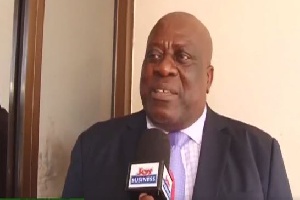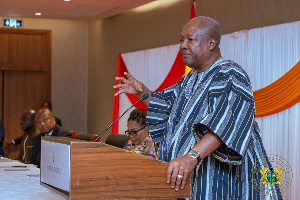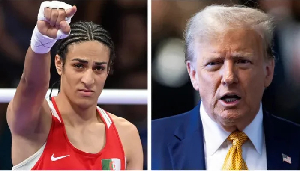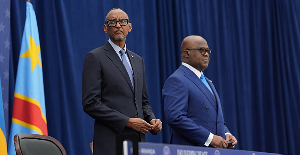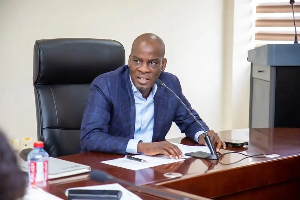Mr Jonathan Amoako-Baah, Chief Executive Officer of Ghana Grid Company Limited (GRDCo), has said that Ghana will be launching the first ever wholesale electricity market in Africa next year.
He said this while speaking at the opening ceremony of the 2019 AFRICON hosted by the Institute of Electrical and Electronics Engineers (IEEE), the world’s largest professional association dedicated to advancing engineering and technology for the benefit of humanity on Wednesday, 25 September 2019 at the Ghana Institute of Management and Public Administration (GIMPA).
The Ghana section of IEEE is hosting this year’s 3-day conference on the theme: Powering Africa’s Sustainable Energy for All Agenda: The Role of ICT and Engineering.
He said: …I am therefore extremely interested in seeing Ghana and all other African states take action to protect the future our children will live in. If we do not take action, the ensuing catastrophe will have untold costs and burdens on their generation. That said I also want to protect them from unnecessary financial burden. Hence a more gradual transition to bridging this gap – allowing economies to catch up might be a better answer.
“Ghana today has dovetailed this goal by taking a herculean step to launch the first ever Wholesale Electricity Market in Africa by the year 2022. As always Ghana is known to be the pace setter for major paradigm shifts, such as being the first sub-Saharan African country to gain independence from European colonization in 1957, and thereby spurring other African countries to do same.
“The introduction of a wholesale electricity market moves the commodity away from bilateral trades and allows for electricity prices to be determined by market forces rather than fixed levelised costs and marginal pricing. The ultimate aim of this endeavour is to improve the socio-economic status of citizenry by providing affordable, reliable, sustainable and clean sources of energy.
“Wholesale competition will also induce efficiency gains in the power industry, and this will trickle down excellent customer service. Ghana like many developing countries has a major problem which is the cross subsidisation of electricity prices to address a broader economic, political and social conditions of the country.”
Business News of Sunday, 29 September 2019
Source: laudbusiness.com

